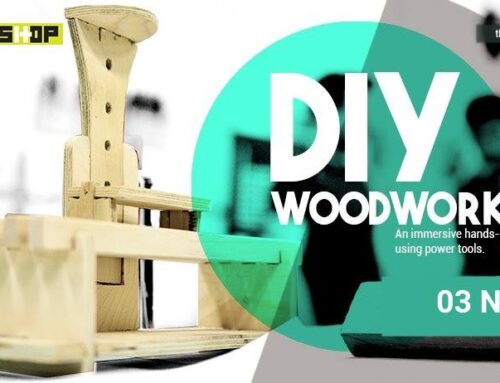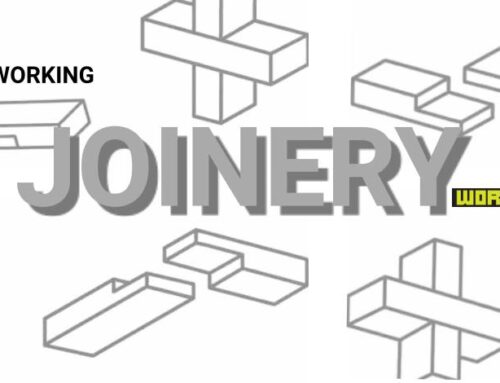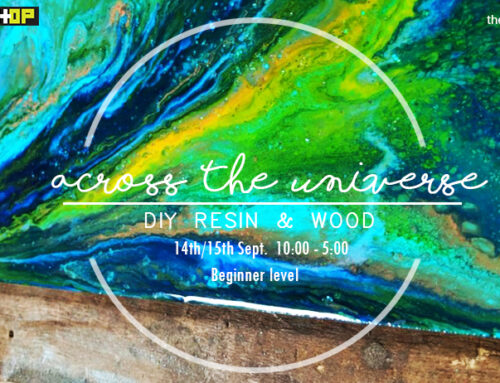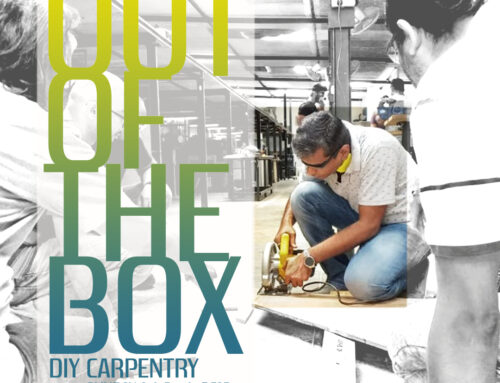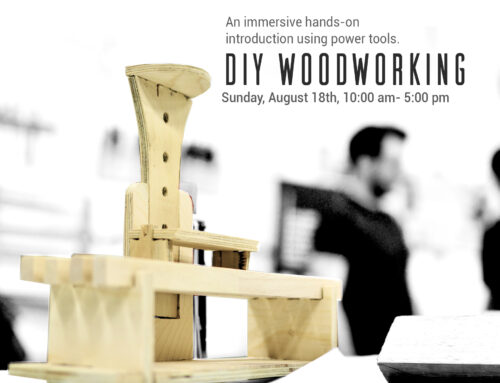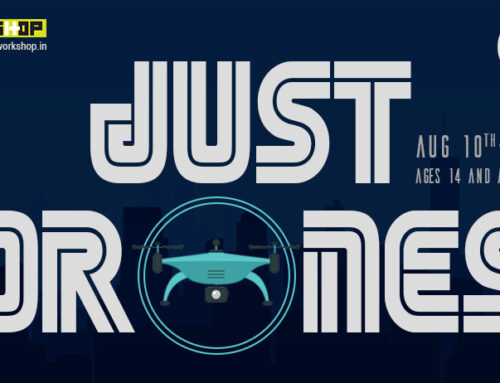Project Description
Parametric Design for Fashion & Architecture
(A computational design masterclass on architecture of fashion & fashion of architecture)
// Level
Basic & Intermediate (Previous computational skills are but not obligatory)
// Agenda
Fashion & Architecture are performative and aesthetic disciplines creating a direct impact on the identity of a society. Workshop is based around the idea of discovering interactions between blurred lines of Architecture & Fashion using computational & generative means of design.
Focus of the workshop is on design explorations using Rhinoceros, Grasshopper & Maya as primary software toolkit, with fusion of concepts such as rigidity, flexibility, component based systems and/or patterning. An insight to Computational Design and its subsets of Parametric Design, Algorithmic Design and Evolutionary Design shall be provided through technical sessions & studio work.
The brief of the workshop is to design and create a series of object-scape/body-scape/wearable permutations/surface treatments, which are generated from techniques learnt by participants during workshop. The intent is to ignite conversations and lay ground for collaborative & interdisciplinary exchange of ideas and design processes as a way of thinking among designers. This is an approach to amalgamate variable ideologies together and bring forward a collaborative approach to designing for multi-scalar outputs.
// Methodology
Workshop has been structured to teach participants the use of Rhinoceros, Grasshopper® and Maya as a basic tool-kit, and ways to integrate it with architecture and fashion design processes.
Day 1 TOPIC / AGENDA: Introduction to SOFTWARE TOOLKIT
- Rhinoceros 3D GUI and basic use
- Installing Grasshopper & plug-ins
- Grasshopper GUI
- Basic logic, components, parameters, inputs, numbers, simple geometry, referenced geometry, locally defined geometry, baking, etc.
- Lists & Data Tree: management, manipulation, visualization, etc.
- Hands on Exercise : Design Experimentation with Form & Data
- Maya 3D GUI and basic use
- Practice session for softwares
- Introduction to Component based systems & patterning
Day 2 Topic / AGENDA: Design Development
- Design brief Discussion
- Introduction to the concepts of form-finding/form-sculpting techniques and surface tessellation techniques.
- Design explorations & practice sessions.
- Introduction to proto-typing.
Day 3 Topic / Agenda: DESIGN VISION
- Proto-typing – Digital and/or physical
- Documentation
- Presentations on Design Vision: Architecture & Fashion
// Software & skills
Basic knowledge of software toolkit is preferred but not obligatory. Participants should bring their own laptop with pre-installed software.
// Tutors
SUSHANT VERMA (Architect / Computational Designer / Educator)
Sushant Verma is an architect & computational designer, currently leading research organization rat[LAB] – Research in Architecture & Technology. Former architect at Zaha Hadid Architects, London & a Sr. Editor at Arch2O, he holds teaching positions at a number of universities internationally & is involved in education for computational & parametric design. He is the founder of rat[LAB] EDUCATION, which is an initiative to spread the idea of computation in design profession & education in India. Recipient of MAK Schindler Award from Vienna / Los Angeles and a finalist for AIA Emerging Leaders Fellowship from Chicago, his work is widely published and exhibited in London, Los Angeles, New York, San Francisco, Taipei & New Delhi, among other places. He was recently shortlisted in New Delhi among 5 architects for ’20 under 35’ Exhibition at Alliance Francaise de Delhi.
RASHMI MALIK (Academician / Digital designer / Interior designer)
Rashmi Malik works with Pearl Academy, New Delhi as Sr. Lecturer and teaches Design Communication & representation skills to the Interior and Architecture (IAD) & Interior Design and Styling (IDS) departments. She was associated with Sushant School of Art and Architecture previously and was involved in the digital design and fabrication modules for various courses. She is experienced in training architecture and design professionals from corporate as well as academic institutions in the use of digital tools. Her contribution has also been in assisting the professionals in a collaborative capacity and has participated in the design evolution process in national and international competitions.
// Venue
Pearl Academy, New Delhi
A-21/13, Naraina Industrial Area,
Phase II, Near Shadipur Metro Station,
New Delhi,
Delhi 110028
// NOTE
- The workshop has only 25 spots available (first-come, first-served).
- Workshop is open for students and professionals from all backgrounds.
- Discounted rate is applicable for students, currently enrolled in any educational institute or recent graduates (graduated in last 1 year from the date of workshop: Proof of status will be required).
- Failure to submit a proof of student status (or graduation certificate) will lead to a non-refundable cancellation.
- The workshop’s prime focus will be on methodologies & processes through software platforms and should not be interpreted as a ‘software tutorial’ merely.
//Queries
For any queries or assistance, kindly e-mail: info@d-bot.in
// About Organisers
THE Workshop – Think Happy Everyday
Think Happy Everyday (THE) is an ideology that works for people, places and products. A new era design, communication and education specialist agency with capabilities from architectural installations to immersive experiences. THE engages architects, creative technologists, coders, and communication experts collaborating with specialists across the world to make ideas possible. A bridge between computational design and real-world testing, THE Workshop is a design research initiative focussed on digital fabrication, material experimentation and new design methodologies.
rat[LAB] – Research in Architecture & Technology, is an independent research organization and network of designers & researchers specializing in computational design or similar technology-related domains. rat[LAB] EDUCATION is an initiative by rat[LAB] to start a new discourse in architecture & parallel design disciplines with the use of ‘computational design’ & it’s various subsets. Spread across various cities / countries, we are establishing a global dialogue in the domain of computational design by actively organizing and participating in workshops, lectures, presentations & symposiums. While rat[LAB] has taken a top-down approach of exploring computational design through industry, a parallel, bottom-up approach is also in-line to involve students of all levels, from design & related backgrounds.
